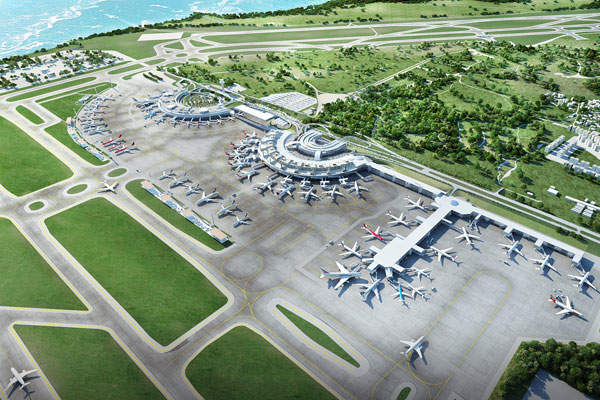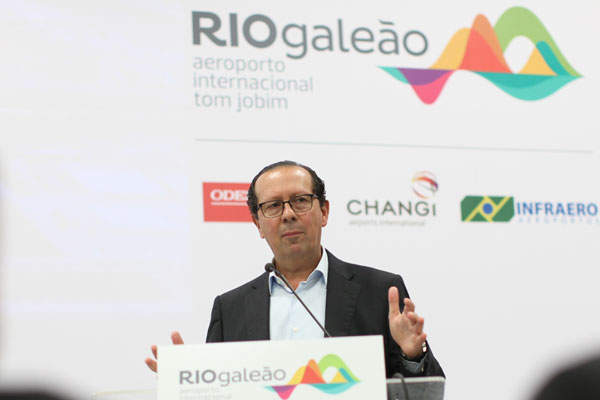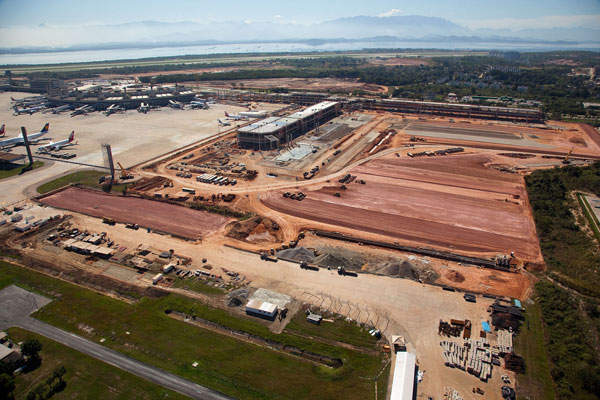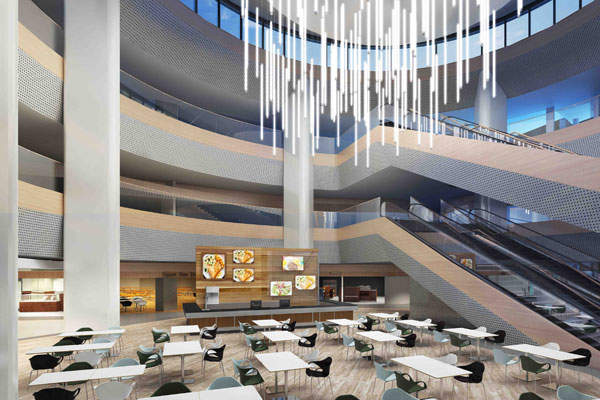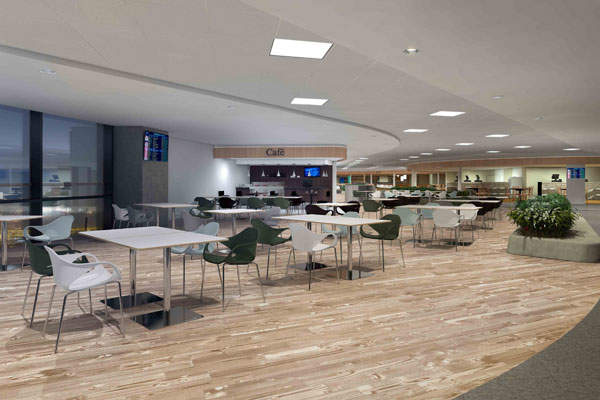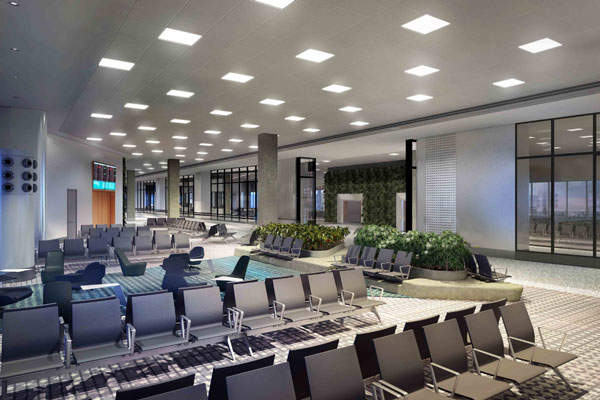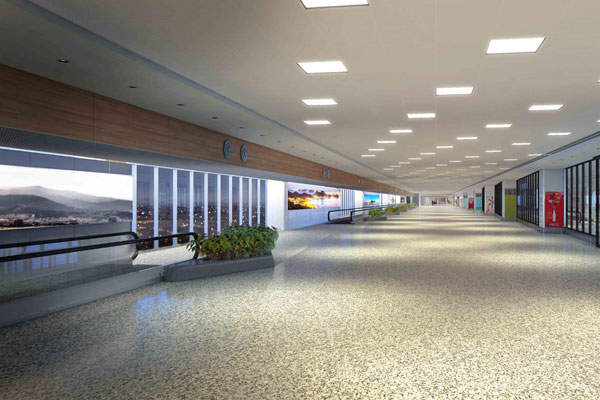Tom Jobim International Airport, earlier known as Antônio Carlos Jobim/Galeão International Airport, is the biggest and the second busiest international airport in Brazil. The airport received the new name in 2014, after the Brazilian Government handed over its management to RIOgaleão, which won the airport’s privatisation auction in November 2013.
RIOgaleão is a private consortium of Odebrecht TransPort, Changi International Airport and state-owned airport operator, Infraero. Odebrecht TransPort and Changi together own 51% stake in the consortium, whereas Infraero holds the remaining. The consortium is responsible for the expansion, operation and maintenance of the airport for a period of 25 years.
The airport is undergoing an R$2bn ($570m) expansion ahead of the 2016 Olympic Games, which will be held at Rio de Janeiro. The project will increase the airport’s passenger capacity to 30.4 million people a year. The consortium will invest approximately R$5bn ($1.43bn) for the airport development, by the end of the concession period.
Renovations to Terminals 1 and 2
Major refurbishments will be performed at Terminals 1 and 2 as part of the expansion. Terminal 2 is undergoing an upgrade to create more airside space. It will feature 12 new X-ray frames, 12 elevators and 15 escalators. A new floor with shopping and dining space for departing passengers is also being constructed at the terminal.
The signage, and air-conditioning and power systems in the terminal will be upgraded, and a new digital sound system will be installed by the end of 2015. The 68 boarding bridges in the two terminals will be replaced by 2016.
A seven-level parking garage to be built with automated information system on each floor will offer direct access to Terminal 2. Further, both the terminals will be installed with security cameras and integrated command and monitoring centres covering the entire airport.
A new operational control centre with a modern airport management system will also be established at the airport.
Cargo terminal upgrade
RIOgaleão will invest R$6m ($1.72m) to upgrade the infrastructure and equipment of the cargo terminal by 2016. The investment also includes upgrades to the exports terminal and construction of a new facility to handle the rapidly growing domestic cargo business. It further includes installation of a new CCTV system with 140 cameras.
A new 11,000m³ cold-store was opened at the airport in May 2014. It features two temperature environments and a fully automated storage system, making it the biggest and unique facilities in Brazilian airports.
Commercial space expansion
RIOgaleão announced request for proposals (RFPs) in August 2015, for 26 food and beverage (F&B) spaces, to be located throughout Terminal 2 and the new pier. The space allotted for the F&B outlets is 3,305m², which is divided into eight parts of different sizes.
The expansion will increase the total commercial area in the airport to 25,000m², which will house 100 new outlets to be set up by 2016 Olympic Games.
New south pier at Tom Jobim International Airport
A new south pier is being constructed next to the existing Terminal 2, which will function as a new departure and arrivals hall. The pier will feature 26 jet bridges, which will connect it to the aircraft structures. Three of the 26 boarding bridges will be technically equipped to accommodate Code-F aircraft.
The pier, which will be ready by April 2016, will enable simultaneous flights, while also eliminating the need for another runway. It will feature 8,000m² of duty-free space, 6,000m² of dedicated VIP rooms, new washrooms, baby-changing facilities, 14 moving walkways, 14 elevators and six escalators.
Apron and parking expansion
A new apron will be built adjacent to the new pier to provide additional aircraft parking space. Another L-shaped apron with 42 remote parking spaces is also planned. The two aprons will expand the apron area in the airport by 80% and increase the number of aircraft parking spaces to 97.
Parking capacity of the airport will be raised by the renovation of the Terminal 1 car park, addition of four new floors to Terminal 2 car park building, and expansion of the employee car park between the two terminals. The expansions will add 2,640 additional car parking spaces and increase the total number of spaces at the airport to 6,450 from the existing 3,810.
The new car parks will be fully automated to avoid the need for employees at entry and exit booths. Red and green light indicators for occupied and free spaces will guide the passengers while parking.

